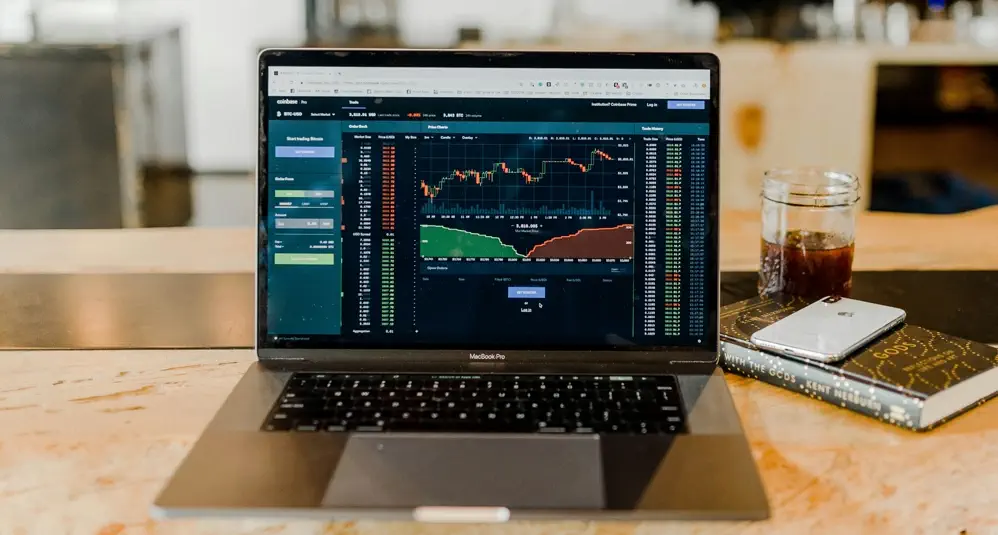

A post event report is an essential document that provides a comprehensive analysis of an event’s success, challenges, and outcomes. They serve as a valuable tool for event organisers and stakeholders. A well-written report not only helps evaluate the event’s effectiveness but also highlights areas of improvement for future endeavours. In this step-by-step guide, we will explore the importance of post event reports, the key elements they should include, and provide a draft to help you in the process of creating an impactful document.
Post event reports play a crucial role in the event management process. They provide valuable insights into the event’s strengths and weaknesses, helping organisers identify what worked well and what needs improvement. These reports help stakeholders evaluate the event’s return on investment and determine if the event achieved its intended goals and objectives.
Additionally, post event reports serve as a historical record, documenting the event’s details, attendance, outcomes, and key highlights. This information can be used for future referencing, benchmarking, and comparing the success of different events. It also aids in securing sponsorships, funding, and support for future events by showcasing the event’s impact and success.
Writing a post event report may seem overwhelming, but by following these step-by-step guidelines, you can create a comprehensive report.
Collect all relevant data and information related to the event, such as attendance numbers, financial records, participant feedback, and marketing materials.
Determine the sections and headings you will include in your report based on the elements discussed earlier.
Begin your report with a concise summary that provides an overview of the event, its objectives, and a snapshot of the report’s findings.

Present detailed information about the event, including its purpose, date, location, target audience, and any significant highlights or achievements.
Analyse the event’s success by assessing attendance numbers, participant feedback, and any measurable outcomes or achievements.
Conduct a thorough analysis of the event’s budget, including expenditures, revenue generated, and any financial challenges or successes.
Provide a detailed review of the event’s logistics, including venue selection, transportation, technology requirements, and any challenges faced.
Include feedback and testimonials from key stakeholders, such as sponsors, partners, vendors, and attendees, to provide a well-rounded evaluation of the event. For example, you can use the Eventcase event app to collect feedback from your attendees.
Share reflections on the event’s successes, challenges, and lessons learned, offering recommendations for future improvements.
Summarise the report’s key findings and provide actionable insights for future event planning and improvement.

To further illustrate the concept of post event reports, let’s explore this example with a very brief description on what to include for each part.
Example 1: A charity fundraising event

To simplify the process of creating a post event report, you can utilise templates such as those found in this website. These templates provide a pre-defined structure and sections, guiding you through the report-writing process. There are various templates available online that you can customise to fit your specific event’s needs. By using a template, you ensure that all the necessary elements are included in your report and save time in organising and formatting the information.
When compiling a report on the success and challenges of an event, it is imperative to adopt several key practices. Firstly, ensure thoroughness by collecting a comprehensive array of data and information to facilitate an accurate analysis. Objectivity should be maintained throughout the report, relying on data and feedback to support findings and conclusions.
Maintaining conciseness is crucial; avoid unnecessary repetition or lengthy explanations to keep the report focused and easily digestible. Utilise visuals such as charts and graphs to present data in an accessible and visually appealing manner. Lastly, include actionable recommendations derived from the insights gained, aiming to guide future improvements based on lessons learned from the event.
When writing a post-event report, it is crucial to avoid several common mistakes to preserve its quality. Firstly, steer clear of the lack of data by ensuring the collection of relevant information and data pertinent to the event. You can rely on technology such as an event management software to get that data. Failure to do so could compromise the report’s credibility and effectiveness. Avoid the trap of subjective analysis by refraining from incorporating personal opinions or biases; instead, maintain objectivity by relying on factual data. Be transparent about any encountered challenges or failures during the event to demonstrate a commitment to improvement, thus avoiding the omission of challenges.
Incorporating feedback from key stakeholders is also essential for providing a holistic evaluation of the event’s success, so neglecting stakeholder feedback should be avoided. Last but not least, ensure that the report offers actionable insights by providing practical recommendations for future event planning, grounded in the lessons learned from the event.

If you’re looking for additional resources and guidance on event reporting, consider the following:
Organisations such as the International Live Events Association (ILEA) and the Meeting Professionals International (MPI) provide resources, webinars, and best practices on event reporting.
Numerous websites offer post event report templates that can be customised to suit your specific needs. Examples include JotForm, Template.net, and Microsoft Office templates.
Books like “Event Planning and Management: A Practical Handbook for PR and Events Professionals” by Ruth Dowson and “The Art of Event Planning: Pro Tips from an Industry Insider” by Mark Bergdahl provide valuable insights and guidance on event reporting.
Crafting an effective post event report is a vital step in the event management process. It provides valuable insights into an event’s success, challenges, and outcomes, helping organisers evaluate the event’s impact and identify areas for improvement. By following this step-by-step guide, you can create an impactful document that showcases the event’s achievements and provides actionable insights for future events.
Remember to gather thorough data, be objective in your analysis, and offer concise recommendations for improvement. With the right tools and resources, your post event report can be a valuable asset in your organisation, as it can become a reference point for future events.
About Eventscase
The Eventscase platform helps event organisers manage corporate events, conferences, and trade shows, whether large, small, in-person, hybrid, or virtual. No technical skill is required at all. Anyone can create beautiful event websites, registrations, badges, perform check-ins, event apps, 1:1 meetings and more. Everything under the brand and domain of your company can be implemented with an Eventscase whitelabelled platform.
If you would like to subscribe to our newsletter to get live updates on everything related to our platform – news, blogs, events, announcements and much more, please, register here.